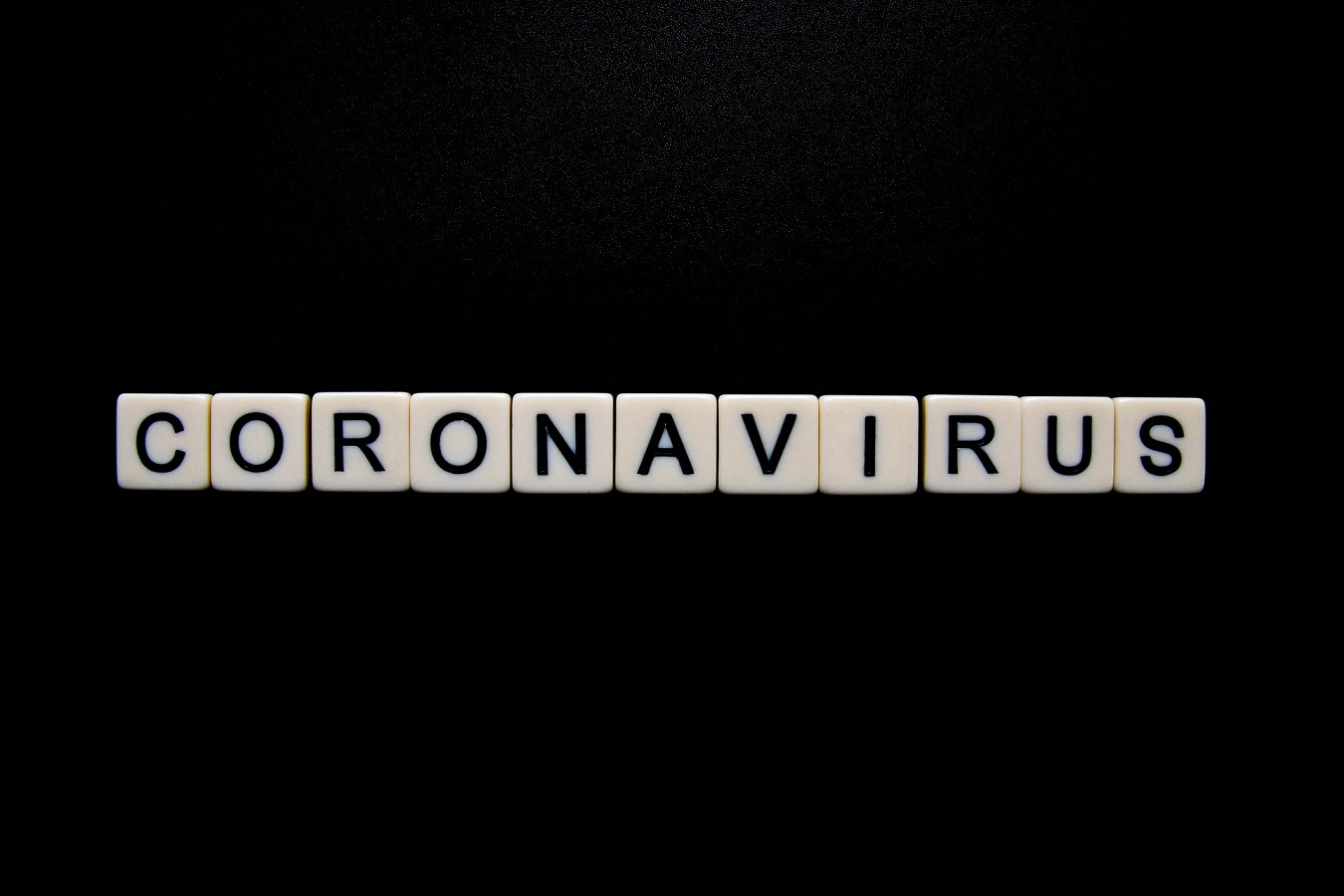Music is a highly potent form of art that has played a long and illustrious role in many different types of healing and overall wellness for thousands of years. Music, because of its ability to transcend cultural, linguistic, and societal barriers, has the potential to promote wellness on a holistic level for all people. Hospice patients, their families, caregivers, and those who have lost a loved one can benefit from music, which is one of many therapeutic art forms that can be utilized to promote overall well-being.
More than just a musical activity at a nursing home or hospice institution, music therapy is a form of holistic healing. Specifically, it refers to the clinical and evidence-based application of music intervention by a board-certified music therapist. It evaluates the patient’s strengths and needs, and then develops a therapy plan that incorporates making, singing, dancing, and/or listening to live, patient-preferred music during individual, group and/or family sessions, as well as outside of those sessions.
Because music is non-threatening, pleasurable, and has been shown to improve brain function, people of all ages, backgrounds, and abilities can benefit from the use of music therapy. When provided to hospice patients who are nearing the end of their lives, music therapy can work in conjunction with other healing modalities to address the physical, emotional, cognitive and social requirements of the patients. While music therapy is not appropriate for every hospice patient, it can be unexpectedly beneficial when used with a patient who is otherwise unresponsive.
Techniques Used in Hospice Music Therapy
Music therapists draw on a diverse range of musical activities and therapies to help their clients. Examples include collaborating with the patient to write songs to help them express themselves; a patient learning to play the piano to enhance fine motor skills; or a patient using musical instruments to cope with unsaid emotions.
Using music therapy in hospice and palliative care allows patients and their families to create a healing experience that is as unique as they are. It can incorporate the patient’s cultural background, religious beliefs, and cherished memories into the healing process. In this way, music therapy produces a healing and emotional restoration environment that is precisely in tune with the unique needs of the patient receiving treatment. While every Hospice and Palliative Care
Music therapy programs will differ in certain ways, the majority of music therapy sessions at the end-of-life environment will involve many of the same therapeutic exercises and approaches as other types of music therapy sessions.
Songwriting
Songwriting can elicit introspection and introspection about one’s relationships and one’s life. These techniques have the potential to open the door to the healing of long-standing emotional wounds between the patient, his or her friends, and their family members.
Moving to music
Moving to music encourages patients to engage in physical activity and movement that they might not otherwise do.
Lyric discussion
It is possible that patients’ introspection and reflection on their lives, relationships, and legacy may result as a result of lyric debate and analysis, which will stimulate stimulating dialogue and lead to patients’ introspection and reflection.
Singing
Singing encourages social interaction since patients, therapists, family members, and caregivers may all enjoy the lyrics and tune of the music at the same time as they sing.
Who Can Benefit from Hospice Music Therapy?
Patients who are able to benefit the most from music therapy are those who:
- There is a lack of social connection as well as sensory stimulation
- Traditional medical therapies are ineffective in controlling pain and symptoms that have developed.
- Have anxiety or are suffering from dementia symptoms.
- Consider finding a specific strategy to deal, as well as a way to explain or articulate feelings or thoughts.
- Experience communication difficulties as a result of physical or intellectual disabilities.
- There is a need for spiritual support, which may include other family members.
- Take pleasure in music to improve their quality of life or to keep their dignity.
Multiple therapeutic benefits
Anxiety and agitation can be relieved by music, pain can be lessened, mood can be lifted, respiration can be deepened, and people can communicate, move, and express their emotions more easily. In the final stages of life, music therapists bring joy, peace and relaxing memories to those in Hospice and Palliative Care.
Using music therapy in conjunction with other therapeutic treatments and services, hospice patients and their families can benefit from a holistic approach to care.
Hospice patients benefit from the potential of music to give them a sense of choice and control, two things they often feel are slipping away.
Old memories, New memories
To begin, a music therapist must determine whether or not the patient is a candidate for music therapy. Patients with terminal illnesses may get more agitated and anxious if they listen to music. Music has the power to bring back wonderful memories and feelings for many people, including those who are unable to express themselves. When one’s health deteriorates, hearing is considered to be the last remaining active sense, which means that music can be a source of comfort and release right up to one’s final breath.
Various forms of music therapy are available. There are many ways to incorporate music into your daily life: music-assisted relaxation, musical imagery and songwriting, group singalongs, one-on-one singing and vocal and instrumental improvisation.
A skilled Melodia Care music therapist may employ music as part of a patient’s life story—improvising or producing new songs, filming or videotaping a patient’s musical exchanges, even making a songbook that serves as a tangible remembrance for surviving loved ones and family members.
Music therapy is more than just notes on a sheet of music or the keys on a piano; it is a powerful tool for people who are nearing the end of their lives.
It is possible to get in touch with Melodia Hospice & Palliative Care by dialing 1-888 635-6347 for hospice music therapy or end-of-life care.
Read More: How to Keep Your Heart Healthy After a Coronavirus Recovery













